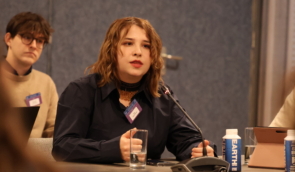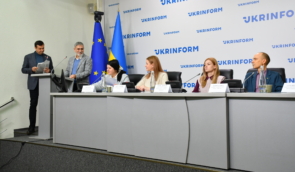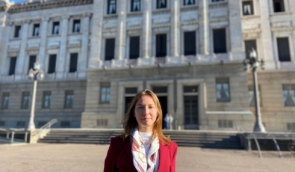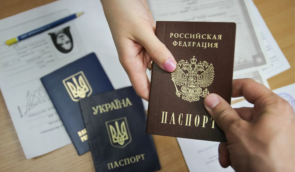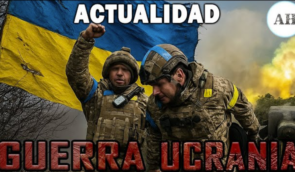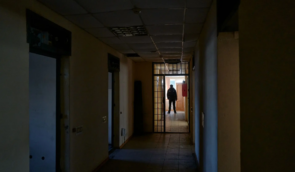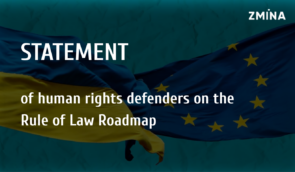ZMINA addressed the issue of enforced disappearances and torture committed by Russia in Ukraine at the conference in Malta
Four years since the adoption of the OSCE Ministerial Conference Decision 7/20 “Prevention and eradication of torture and other cruel, inhuman or degrading treatment or punishment”, the implementation of commitments under the decision has deteriorated.
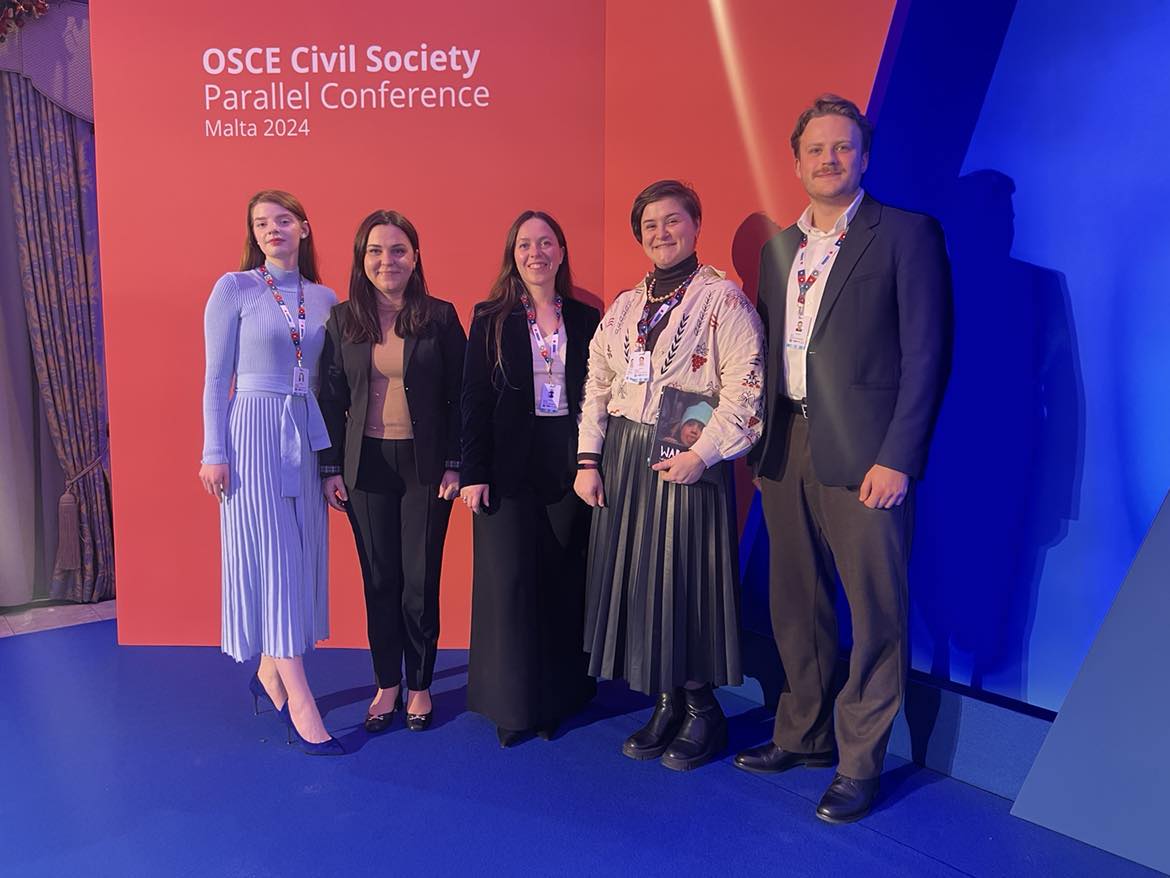
Such conclusions were presented by the Civic Solidarity Working Group on the Fight against Torture at the Platform’s parallel conference in Malta prior to the OSCE Ministerial – 2024.
As stated in the Civic Solidarity Platform’s outcome document, no OSCE participating States have implemented their commitments under Decision 7/20 in full. Challenges persist in areas such as the criminalisation of torture in national legislation, accessibility and adequacy of statistical data, guarantees regarding the inadmissibility of evidence obtained by means of torture, fundamental legal safeguards for persons deprived of their liberty, conditions of detention, and compliance with the standards of effective investigation. Even in countries where the domestic legislation provides for redress to victims, no – or very limited – specific information is available on actual measures taken in terms of compensation awarded or reparation programmes in place, including rehabilitation programmes and support for NGOs, which provide such programmes.
In the condition of the war, the instances of torture and other cruel, inhuman or degrading treatment escalates are often accompanied by a practice of enforced disappearances, widely documented during the Russian armed invasion of Ukraine.
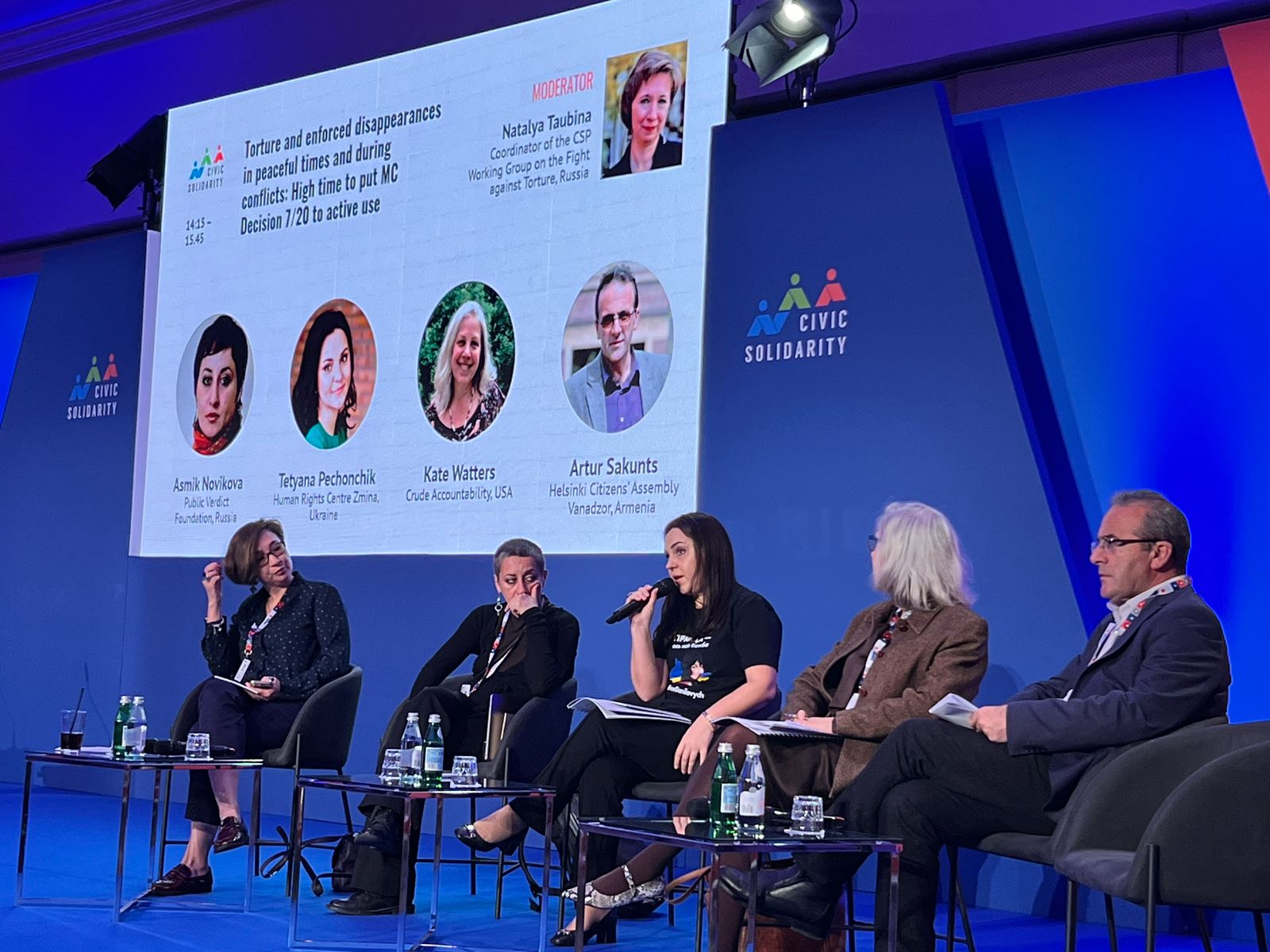
According to the Head of the Human Rights Center ZMINA, Tetiana Pechonchyk, the situation of missing Ukrainian civilians and prisoners of war and their treatment in Russian custody is a matter of particular and urgent concern. Over 50,000 people are missing due to the Russian aggression in Ukraine, according to the Ukrainian Register of Missing Persons under Special Circumstances. More than 14,000 Ukrainian civilians are held in Russian captivity, mainly incommunicado, according to the Coordination Headquarters for the Treatment of Prisoners of War.
“Unfortunately, this data is incomplete, as Russia, contrary to international humanitarian law, does not provide relevant information,” Pechonchyk said.
She reminded that according to the testimonies of Ukrainian prisoners of war and civilians held in Russian custody, the vast majority, if not all, are subjected to horrific torture in places of detention in the occupied territories and in institutions of the Russian penitentiary system, including secret places of detention.
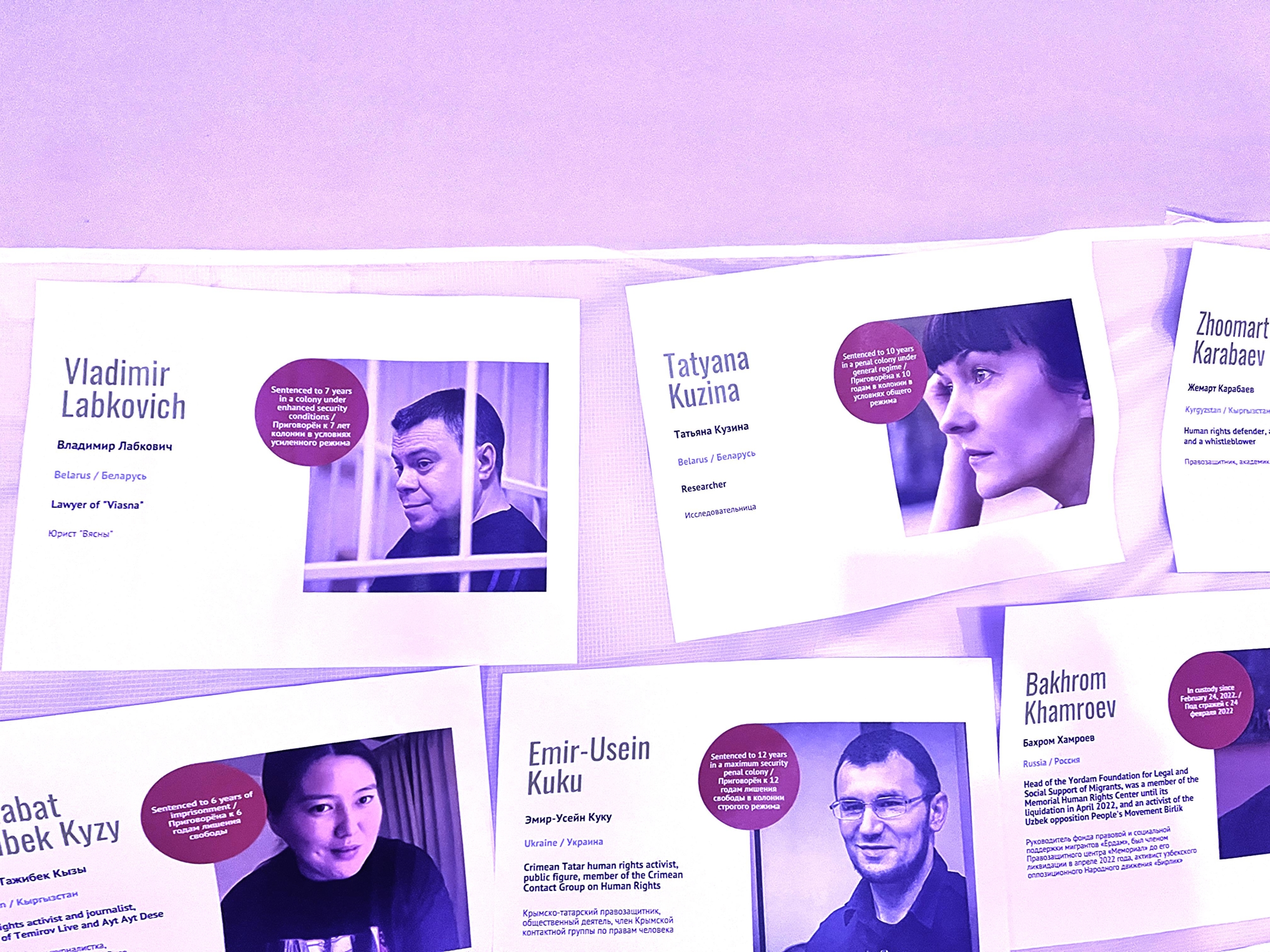
According to the Office of the Prosecutor General of Ukraine, there are at least 71 places where Ukrainians are being held, both in the occupied territories of Ukraine and in Russia. At least two of these institutions are known to be used specifically for torturing Ukrainian prisoners – the pre-trial detention centre in Taganrog and correctional colony No. 10 in the Republic of Mordovia.
“Russia refuses to acknowledge this. Russian lawyers and the International Committee of the Red Cross are not allowed into these institutions. There is not a single criminal case opened in Russia on the facts of torture against Ukrainian civilians and PoWs in these and other institutions of the Russian penitentiary system,” Pechonchyk added.
In many cases, Russian authorities fabricate criminal cases against Ukrainian civilians and PoWs followed by sham trials, guilty verdicts and long-term sentences. “Thus, trials are weaponised as a tool of persecution against Ukrainians and, given the mass character of such proceedings, denying a fair trial reaches a threshold of an atrocity crime. Ukrainian PoWs are subjected to especially harsh show trials, often paraded as “Nazis” or “terrorists” before the Russian public, being falsely accused of serious crimes under Russian criminal law they did not commit,” Pechonchyk stated.
According to her information, perpetrators include prosecutors, judges and possibly officials of the Russian Ministry of Justice: “Their conduct is no less serious than that of those perpetrators who subject victims to torture or other inhuman treatment, as they legitimise further violence against victims who receive lengthy sentences, often in strict regime colonies.“

During the OSCE Parallel Civil Society Conference, Tetiana Pechonchyk also presented the final statement ‘Mobilise Efforts to Support Ukraine and Resist the Russian Aggression”.
The OSCE Parallel Civil Society Conference took place in Malta on the eve of the OSCE Ministerial Council Meeting. As in past years, the Civic Solidarity Platform (CSP), an international civil society platform in close contact with the OSCE, an OSCE-Wide NGO network, organized the Parallel conference with the support of Maltese OSCE Chairpersonship. Representatives of civil society organizations and the OSCE diplomatic community participated in the meeting. This conference is a reminder to honor the work of individuals working for the protection of fundamental human rights and to honor work aimed at promoting peace and security in the OSCE region.
If you have found a spelling error, please, notify us by selecting that text and pressing Ctrl+Enter.


